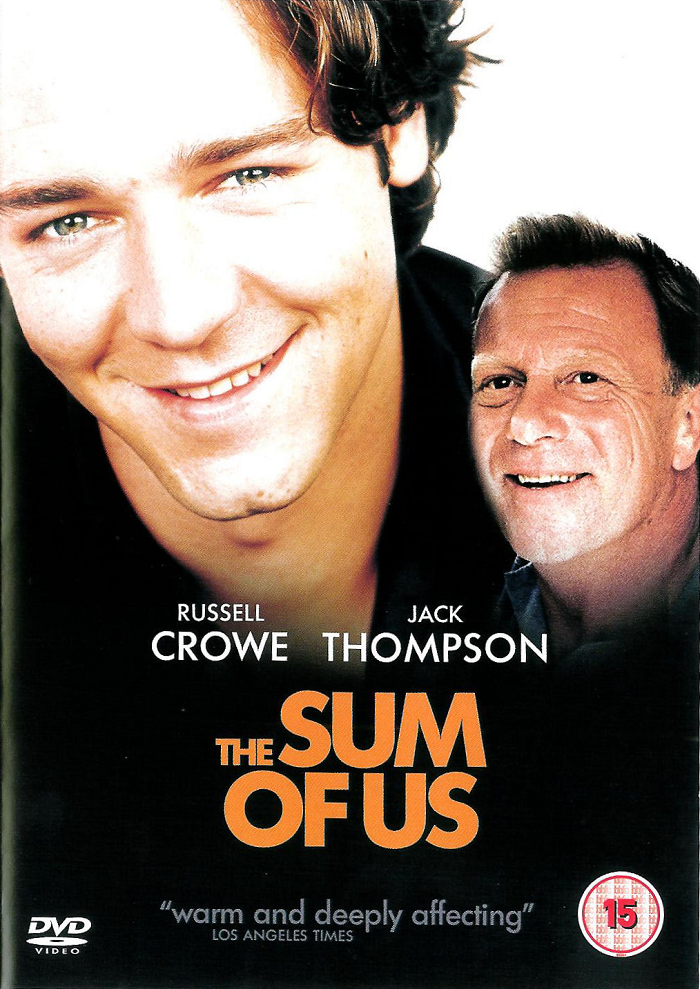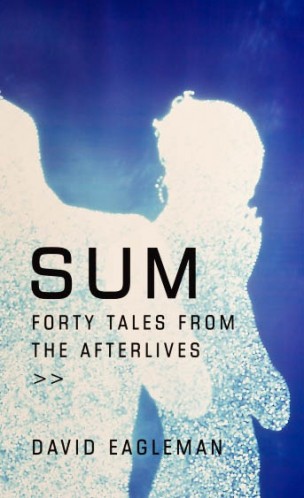

And this was something that was a big feature of American life under the New Deal in the 1930s and ’40s and ’50s. I walked the grounds, this big, wide flat expanse that used to have one of the nearly 2,000 publicly funded grand-resort-style swimming pools in America.

One of the first stops on my book journey to write The Sum of Us was Montgomery, Alabama, which is one of many places where there is a beautiful central park in the city. How did you come to write this book? Heather McGhee

Subscribe to Vox Conversations on Apple Podcasts, Google Podcasts, Spotify, Stitcher, or wherever you listen to podcasts.

A transcript, edited for length and clarity, follows. You can hear our entire conversation in the week’s episode of Vox Conversations. If she’s right that “We can’t have nice things” because of this lie at the center of our shared story, then how do we transcend that lie? What story must replace it? And how can the left do a better job at persuading the white victims of this lie to let it go? I wanted to talk through the consequences of all this with McGhee. Too many Americans have too easily accepted the lie animating so much of our history, namely that politics is a zero-sum contest in which one group’s gain must be another group’s loss. The entire country is now one giant drained pool. This, McGhee argues, is the story of American politics in microcosm. So in the end, Black Americans didn’t get to enjoy the pools, but neither did white people who were motivated by self-destructive racist ideologies. And not only did they close the pools, they nuked their parks departments and effectively abandoned public investment altogether. Rather than open them up to everyone, town after town simply shut them down. They were testaments to public investment.īut then desegregation happened and the pools had to be integrated. For a good chunk of the 20th century, American towns offered grand community swimming pools as symbols of leisure and civic pride. The story McGhee tells orbits around a depressing metaphor: the drained swimming pool. McGhee is the former president of the think tank Demos and the author of a terrific new book called The Sum of Us. It’s a self-inflicted wound that will never heal unless Americans change the way they think about race and the national project. And indeed, they are victims of America’s long history of racial oppression.īut according to Heather McGhee, that fact can obscure an important truth: White Americans also pay a tremendous price for the country’s racial hierarchy - and many don’t even realize it. Black Americans are typically cast as the victims of racism.


 0 kommentar(er)
0 kommentar(er)
